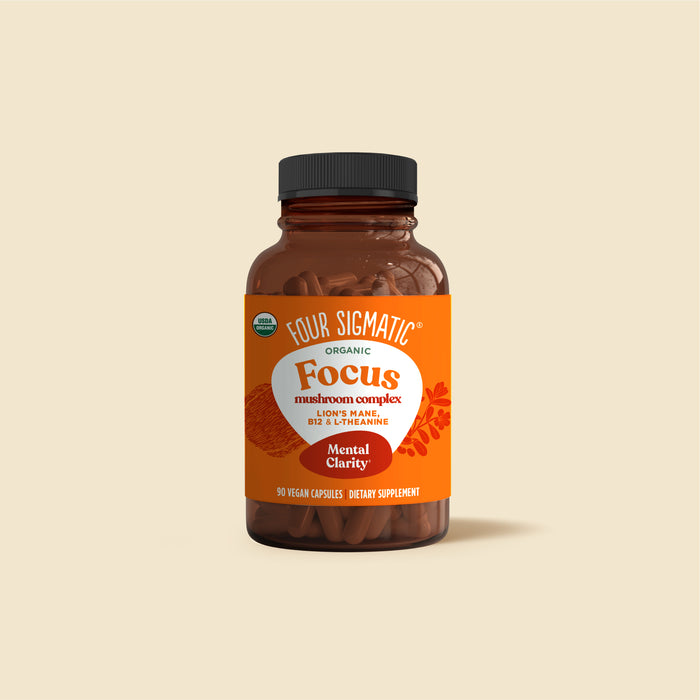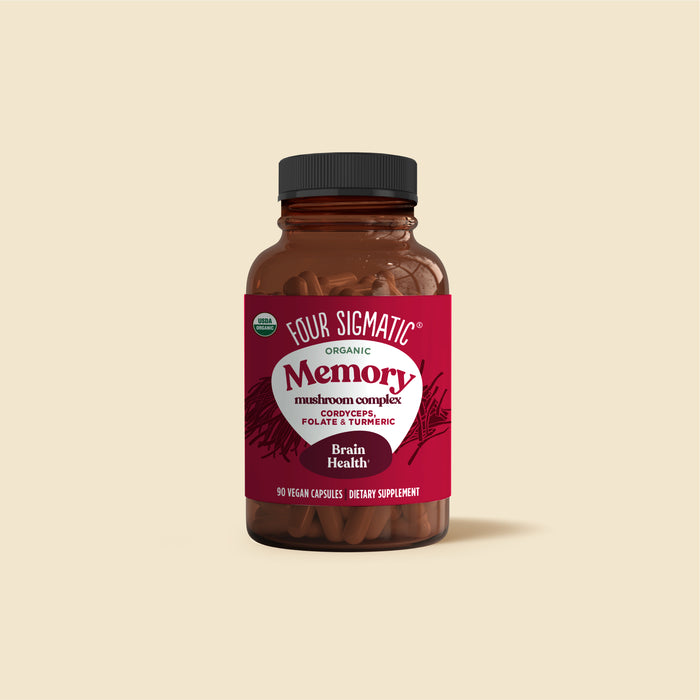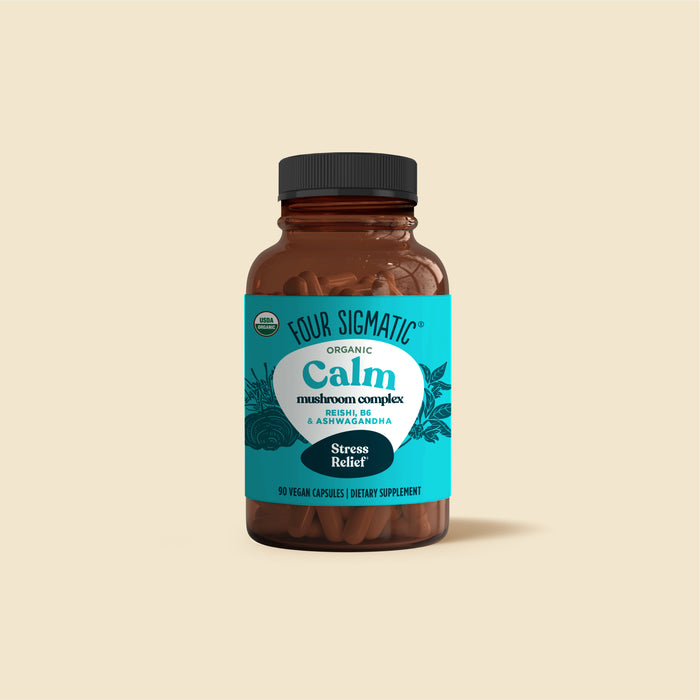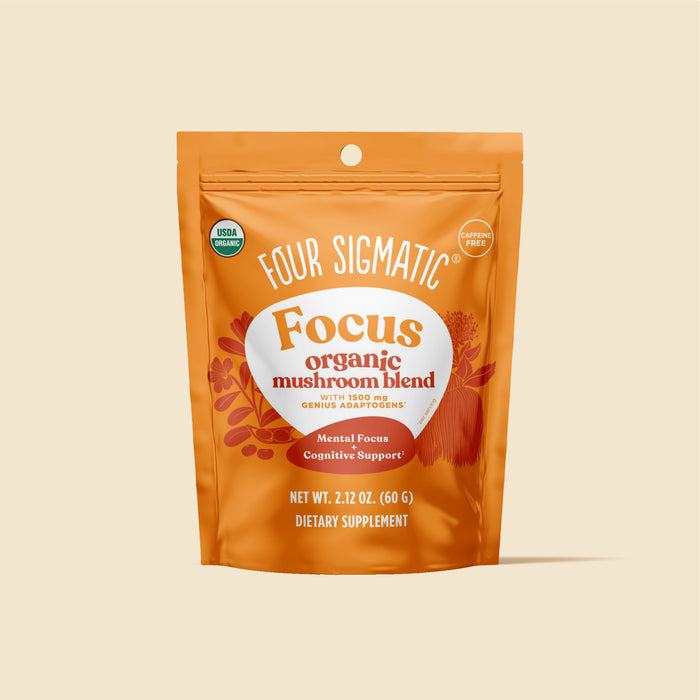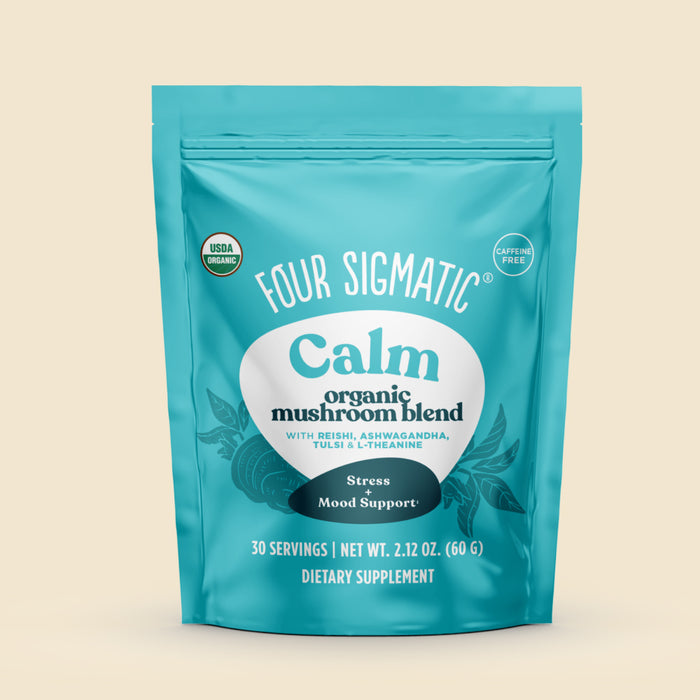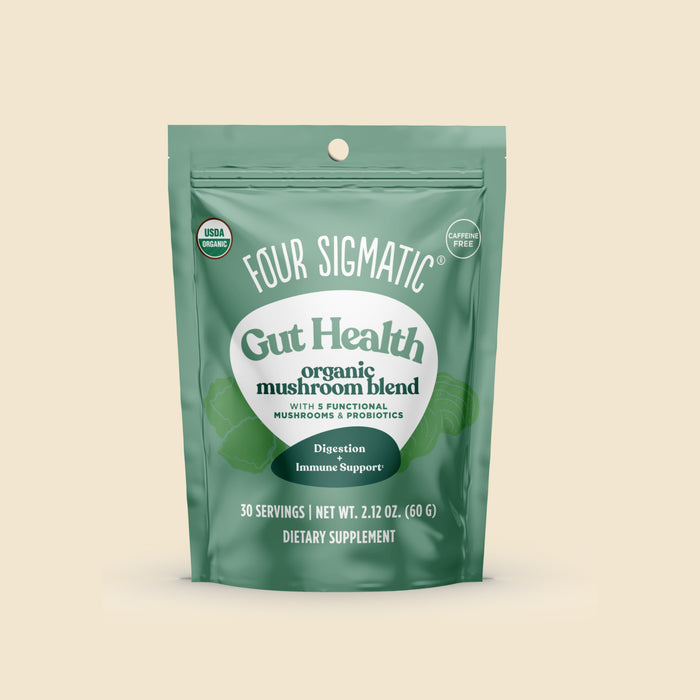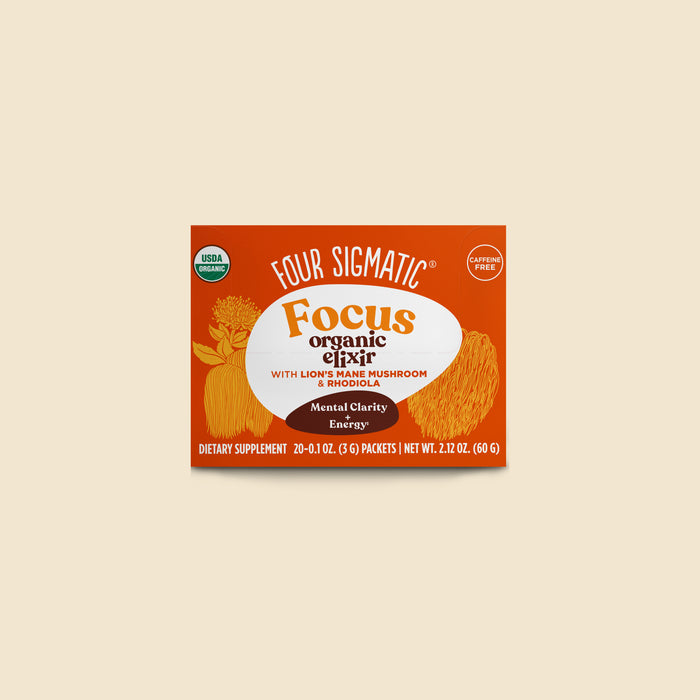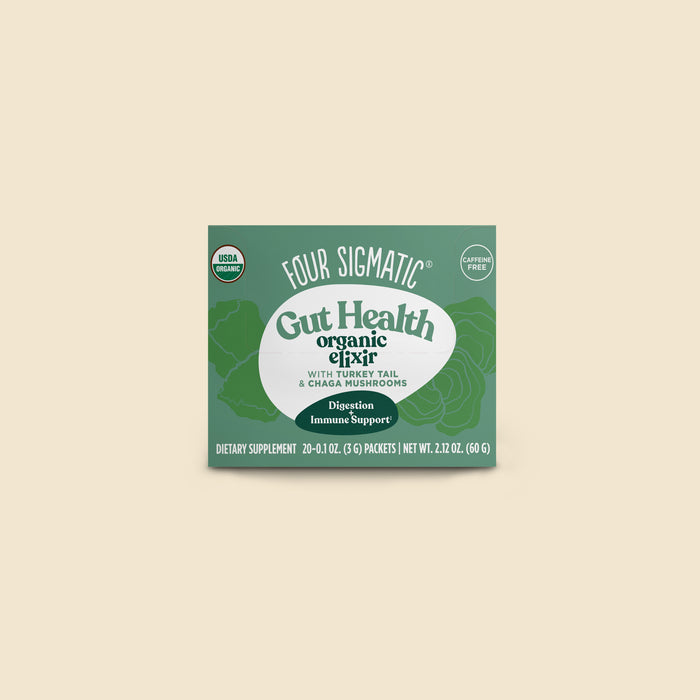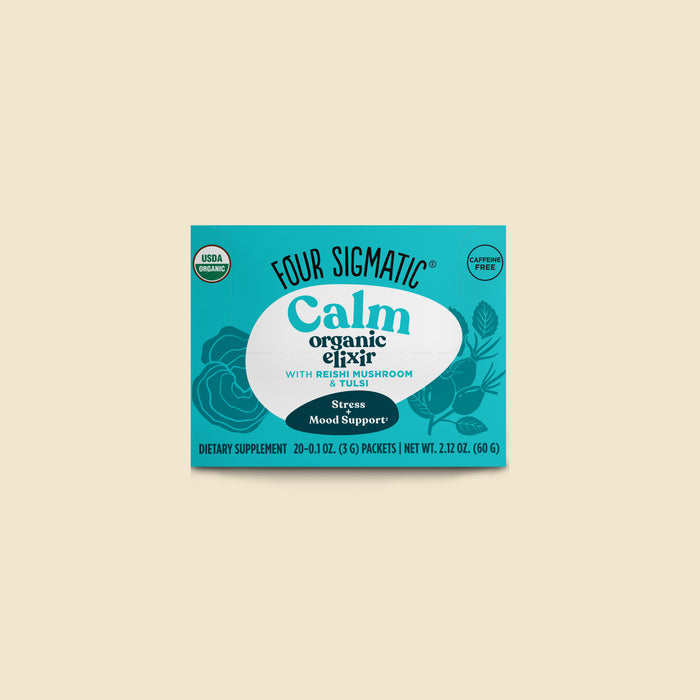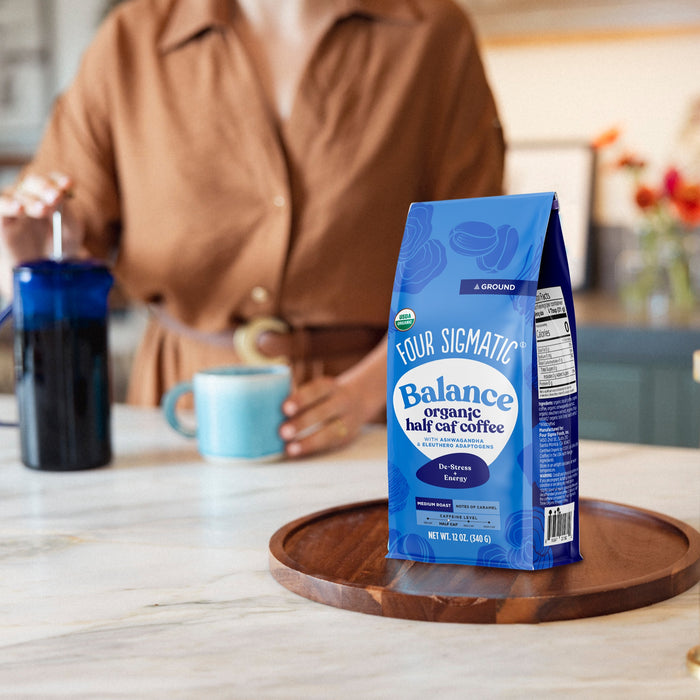Chapter 1: The Science Behind Fatigue
What's the Deal with Fatigue?
Fatigue isn't just about wanting to hit the snooze button one more time. It's that lingering feeling of exhaustion, even when you've had a full night's sleep. It's the mental fog that descends after hours of work. But what exactly is it?
-
Physical vs. Mental: Physical fatigue is when your muscles scream after a workout. Mental fatigue? That's the brain fog after a day of back-to-back meetings. Harvard Health explains the difference between the two.
-
Chronic Fatigue: This isn't just about being tired. It's a medical condition where you're constantly exhausted, and no amount of sleep seems to help. The Mayo Clinic provides insights into Chronic Fatigue Syndrome.
-
The Domino Effect: Fatigue isn't just an inconvenience. It affects our mood, our productivity, and even our health.
Why Should We Care?
Because life's too short to feel tired all the time! Understanding fatigue means we can tackle it head-on and reclaim our energy.
Chapter 2: Why Are We So Tired Anyway?
The Sleep Game
We all know sleep is essential. But are we getting enough? And is it quality sleep?
-
Catching Z's: Adults need 7-9 hours of sleep. But it's not just quantity; it's quality. Deep, restorative sleep is the goal. The Sleep Foundation discusses the importance of quality sleep.
-
Sleep Disruptors: Late-night screen time, caffeine, and even stress can mess with our sleep cycles.
-
Tips for Better Z's:
-
Consistency is Key: Try to go to bed and wake up at the same time every day.
-
Create a Sleep Sanctuary: A cool, dark, and quiet room can work wonders.
-
Unplug: Give yourself a tech-free hour before bed to wind down.
-
Dietary Rollercoasters
What we eat affects how we feel. Simple as that.
-
Energy Zappers: Processed foods, sugary snacks, and too much caffeine can lead to energy crashes.
-
Energy Boosters: Whole grains, lean proteins, and healthy fats can keep our energy levels steady.
-
Hydration Station: Even mild dehydration can make us feel tired. Drink up!
Stress Overload
Ever felt so stressed you're exhausted? You're not imagining it.
-
Stress and Fatigue: Chronic stress can lead to adrenal fatigue, where our adrenal glands can't keep up with the constant demand for stress hormones.
-
Relaxation Techniques: Deep breathing, meditation, and even a simple walk can help reduce stress.
Chapter 3: The Magic of Functional Mushrooms
Mushrooms: More Than Just a Pizza Topping
For centuries, cultures around the world have turned to mushrooms for their health benefits. And no, we're not talking about the ones in your salad.
-
Lion's Mane: This fluffy white mushroom is a brain booster. It supports cognitive function and can even help with focus and concentration.These mushrooms have unique benefits. A study from the National Institutes of Health explores the benefits of these mushrooms.
-
Cordyceps: Need an energy boost? Cordyceps is your guy. It's known to increase stamina and fight fatigue.
-
How to Get Them: Sure, you could forage in the woods. Or you could try Four Sigmatic's range of products, packed with these fungal superheroes.
Why Mushrooms?
Because they're adaptogens! They help our bodies adapt to stress and bring us back to balance. Plus, they're a natural way to boost energy.
Chapter 4: Adaptogens - Nature's Chill Pill
Balancing Act with Adaptogens
Ever felt like you're walking a tightrope, trying to balance work, life, and everything in between? Enter adaptogens, nature's answer to our modern-day stresses.
-
What Are Adaptogens? These are unique plants that help our bodies handle stress. WebMD provides an overview of these unique plants.Think of them as personal trainers, prepping our bodies to cope with any curveballs life throws.
-
Spotlight on Rhodiola Rosea: This adaptogen is a superstar. Feeling mentally tired? Rhodiola can help sharpen your brain. Physically drained? It's got your back, boosting stamina and endurance.
-
Ashwagandha Wonders: Known as the "strength of the stallion" in Ayurveda, this adaptogen helps combat stress, fatigue, and even supports a healthy immune system.
Four Sigmatic's Adaptogenic Touch:
We're all about harnessing the power of these adaptogens. Dive into our blends, crafted to give you that balanced energy boost..
Chapter 5: Food, Glorious Food!
Eating Your Way to Energy
Food is fuel. But are you filling up with premium or regular?
-
Fueling Up Right:
-
Carbs: Opt for complex ones like quinoa and oats.
-
Proteins: Think lean meats, beans, and tofu.
-
Fats: Avocado, nuts, and olive oil are your friends.
-
-
Stay Hydrated, Stay Alert:
-
Water Works: Aim for at least 8 glasses a day. Remember, if you're thirsty, you're already dehydrated.
-
Limit Caffeine: That fourth cup of coffee? Maybe switch it out for a herbal tea or even better, a Four Sigmatic mushroom blend.
-
-
Supplement Smartly:
-
Vitamin B12: Keeps your nerves and blood cells healthy.
-
Iron: Essential for making the red blood cells that carry oxygen around your body.
-
Four Sigmatic's Line-Up: Our range is designed to complement your diet, ensuring you're not missing out on any essentials.
-
Chapter 6: Caffeine - A Double-Edged Sword?
The Buzz on Caffeine
The Buzz on Caffeine: Johns Hopkins Medicine discusses the pros and cons of caffeine. Caffeine. It's the world's favorite pick-me-up. But is it always a good thing?
-
The Good: Quick energy boost, increased alertness, and improved mood.
-
The Not-So-Good: Jitters, insomnia, and that dreaded afternoon crash.
Mushroom Coffee: The Balanced Brew
Imagine getting that caffeine kick, minus the drawbacks. Sounds dreamy, right?
-
Why Mushrooms? They smooth out the caffeine ride, preventing those highs and lows.
-
Four Sigmatic's Special Brew: Our mushroom coffee gives you the energy boost without the jitters. Plus, it's packed with antioxidants and other goodies.
Chapter 7: Expert Insights on Sleep and Wellness
The Importance of Sleep Hygiene
Sleep is not just a luxury; it's a necessity. With a staggering 35% of American adults not getting enough sleep, it's evident that there's a sleep crisis. The repercussions of inadequate sleep are not just limited to feeling groggy the next day. It affects our mood, cognitive abilities, reaction time, and overall health.
-
The Sleep-Health Connection: Not getting a minimum of seven hours of sleep can lead to irritability, reduced cognitive function, increased anxiety, and even severe health risks like high blood pressure and heart disease. Read more from the Sleep Foundation.
-
The Quality of Sleep Matters: It's not just about the quantity but also the quality. High-quality sleep means:
-
Falling asleep within 30 minutes.
-
Sleeping for at least 85% of the time you're in bed.
-
Waking up no more than once during the night.
-
Being awake for 20 minutes or less after initially going to sleep. Learn more from the National Sleep Foundation.
-
Natural Remedies for Better Sleep
While there are numerous over-the-counter sleep aids available, many come with a host of side effects. The focus should be on holistic strategies that support better sleep:
-
Routine and Ritual: Establishing a regular sleep routine and creating a calming bedtime ritual can significantly improve sleep quality. Learn more about sleep hygiene from Mayo Clinic.
-
Optimal Sleep Environment: A cool, dark, and quiet bedroom is conducive to sleep. Consider investing in blackout shades, earplugs, or a white noise machine if needed.
-
Harnessing Nature's Power: Functional mushrooms, especially Reishi, have been shown to support stress reduction and improve sleep quality. Incorporating them into your routine can be beneficial. Discover the power of mushrooms from Four Sigmatic.
-
Limiting Stimulants: Reducing caffeine consumption, especially in the evenings, can lead to better sleep. If you need that caffeine kick, opt for alternatives like Four Sigmatic's Mushroom Coffee, which has half the caffeine of regular coffee.
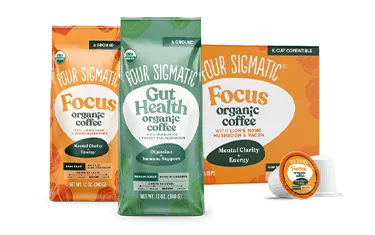 Coffees
Coffees
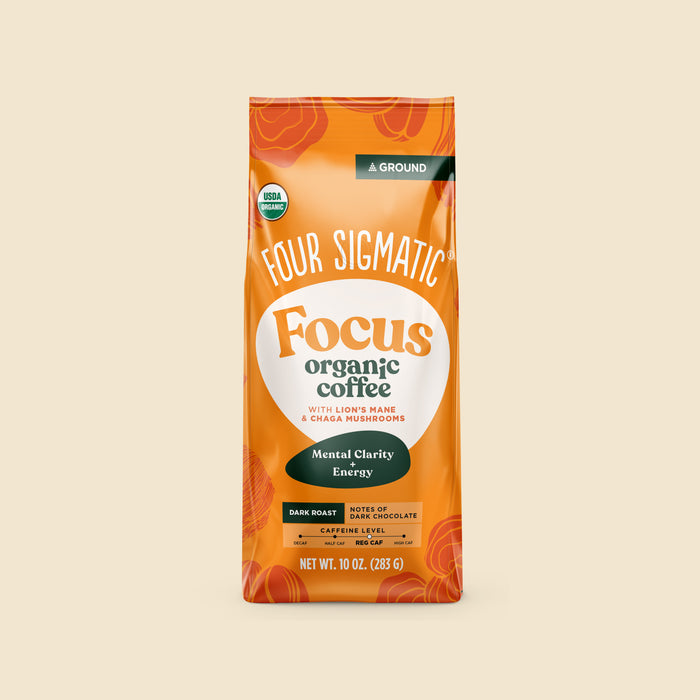
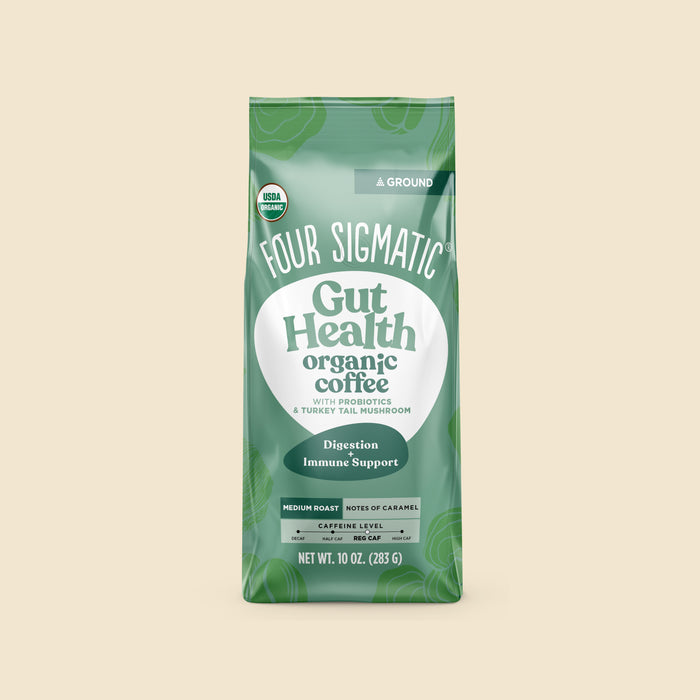
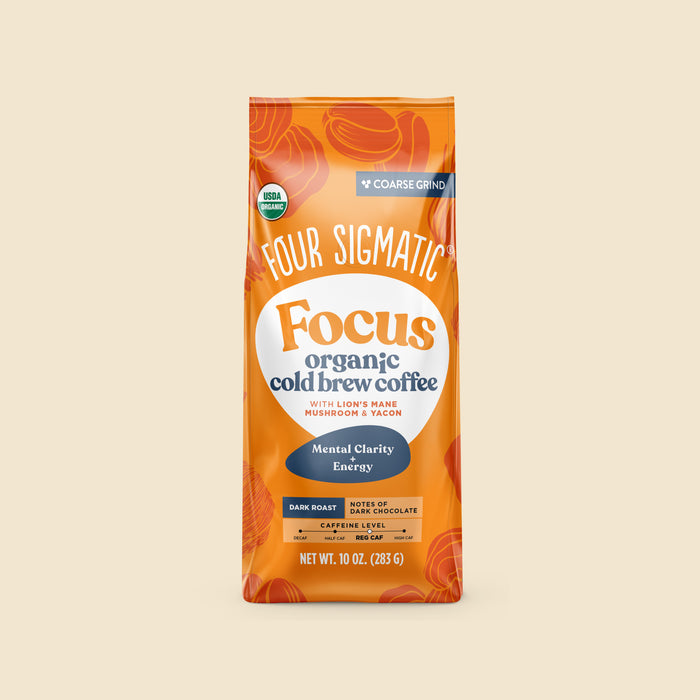
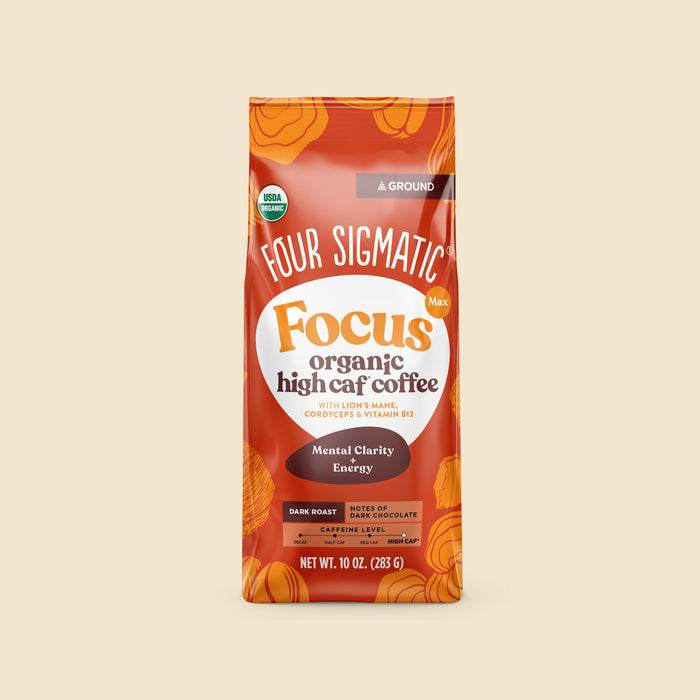
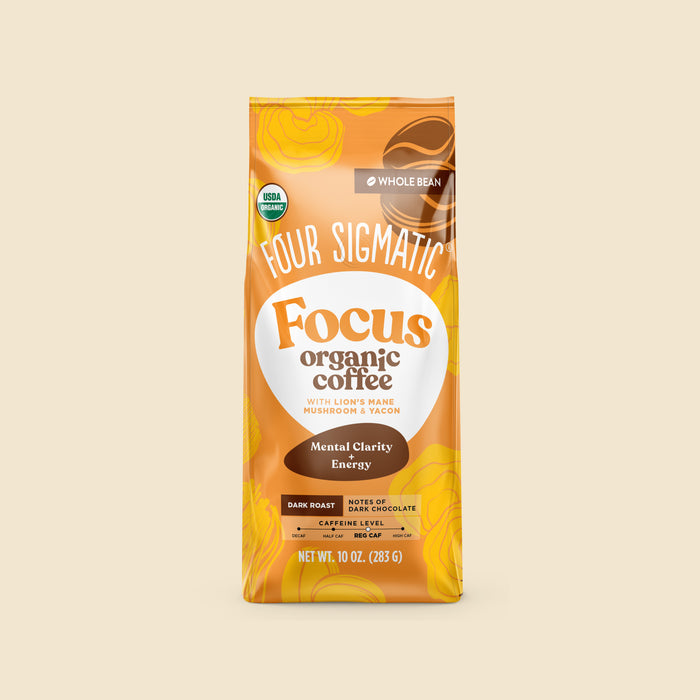
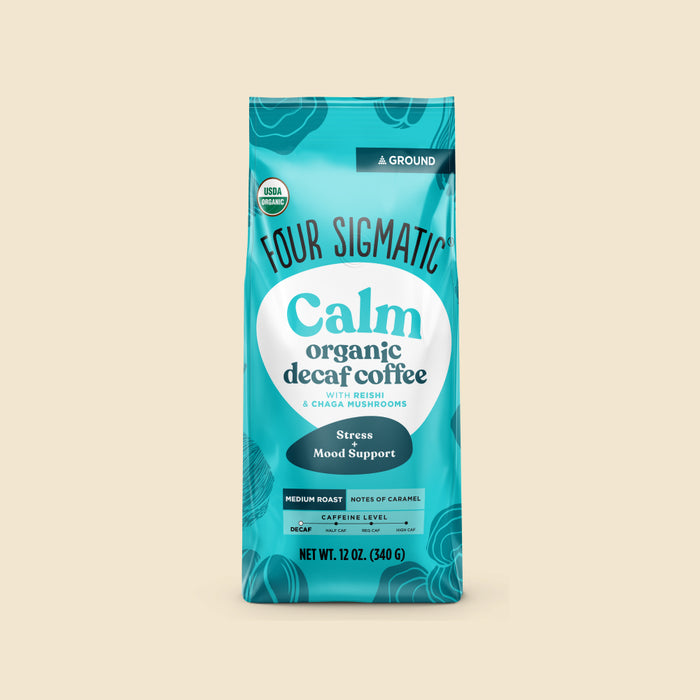
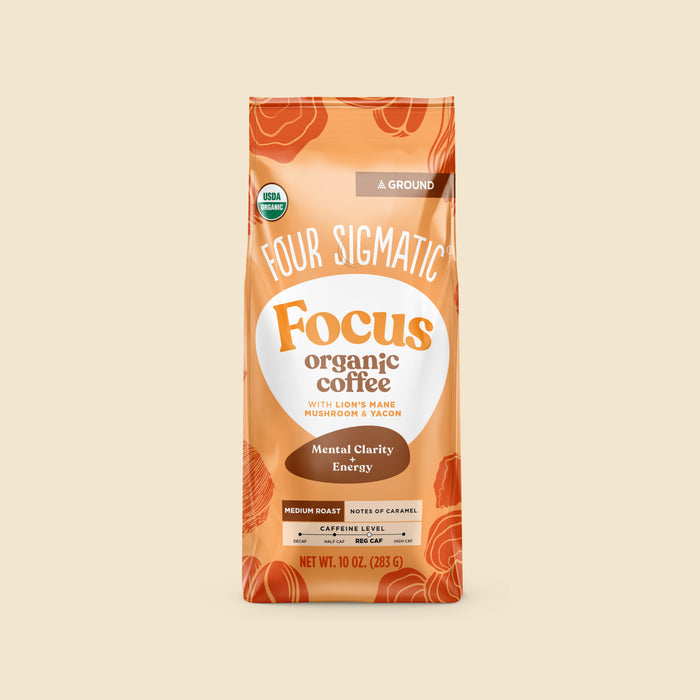
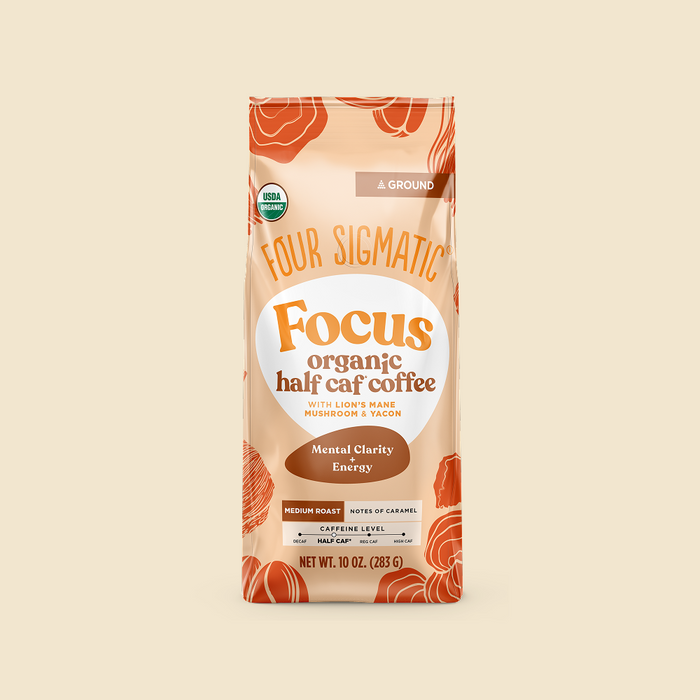


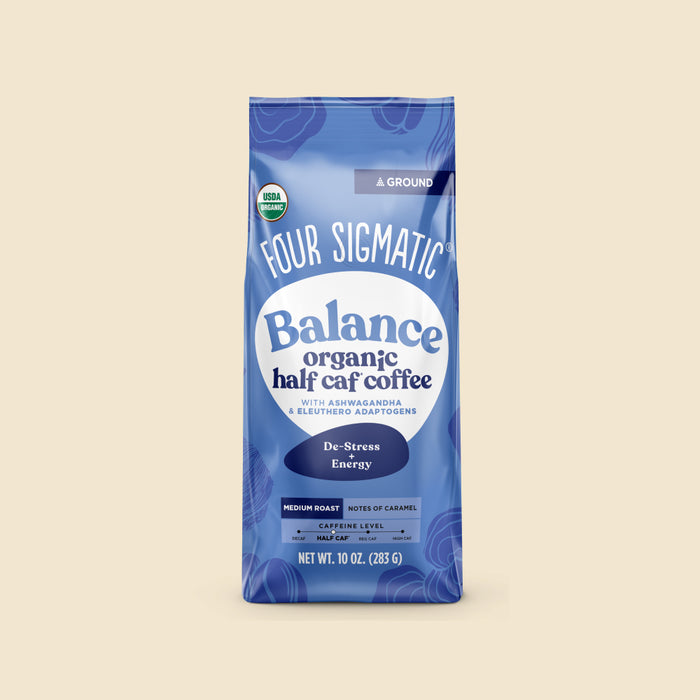
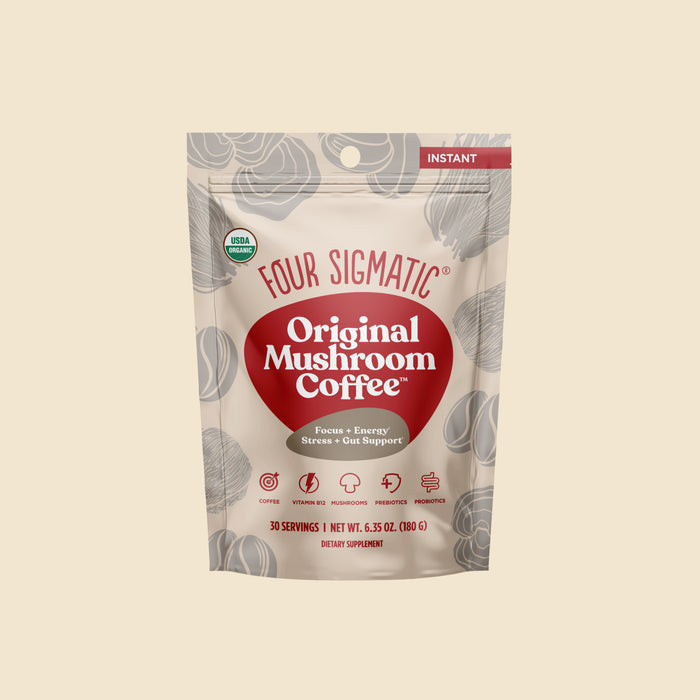
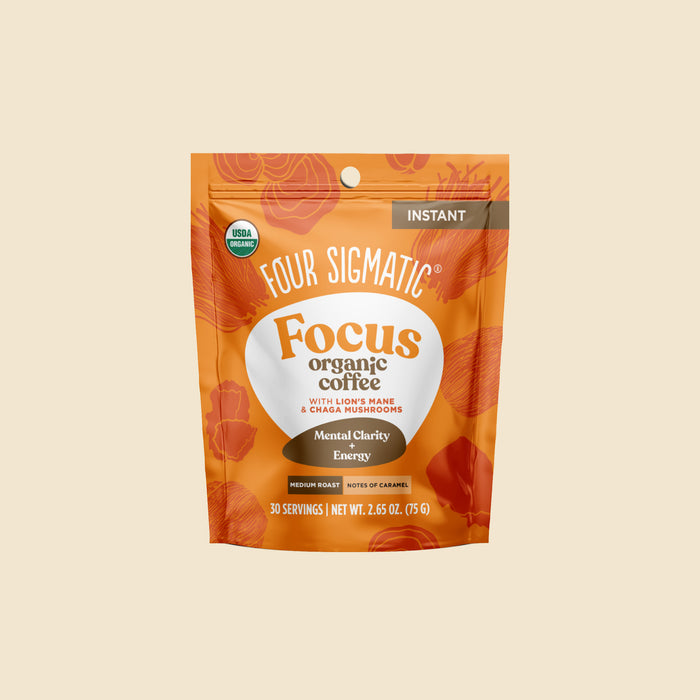
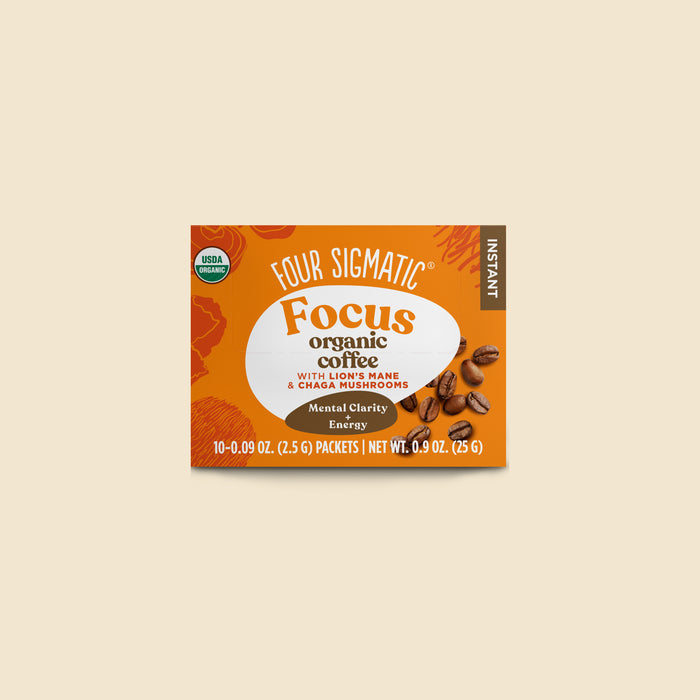
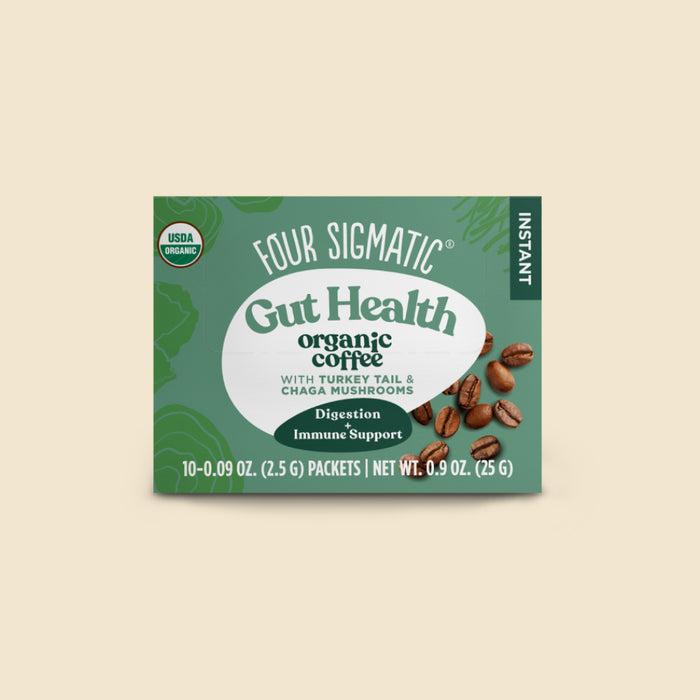
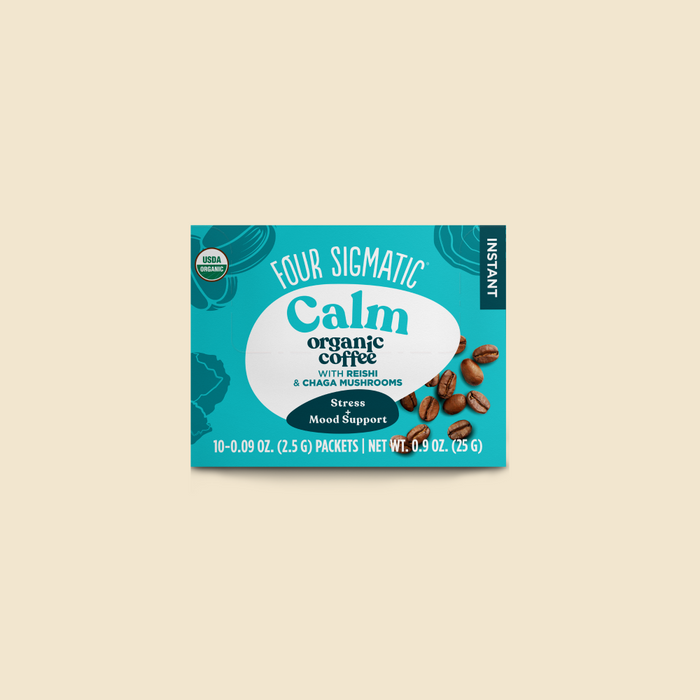
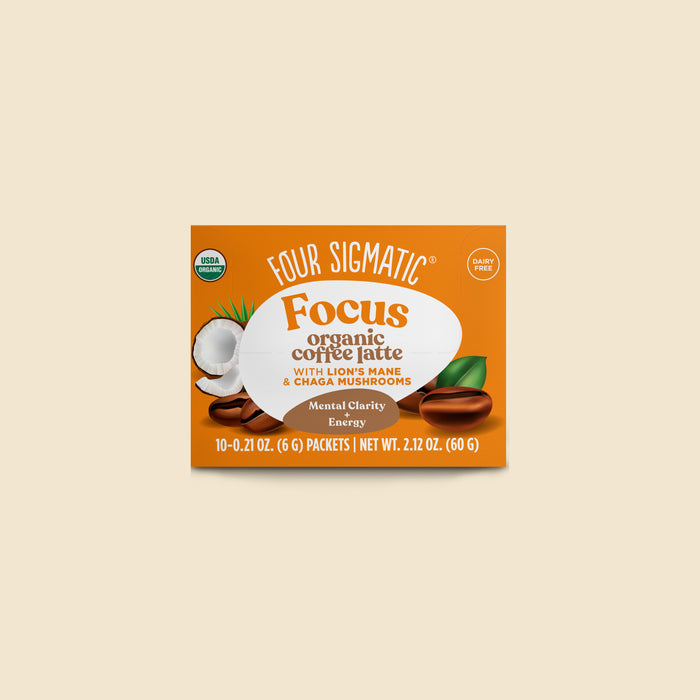

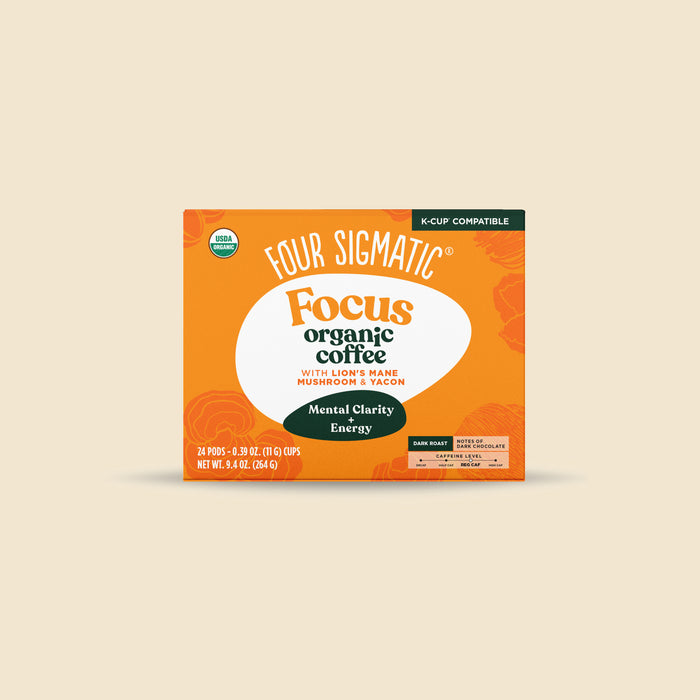
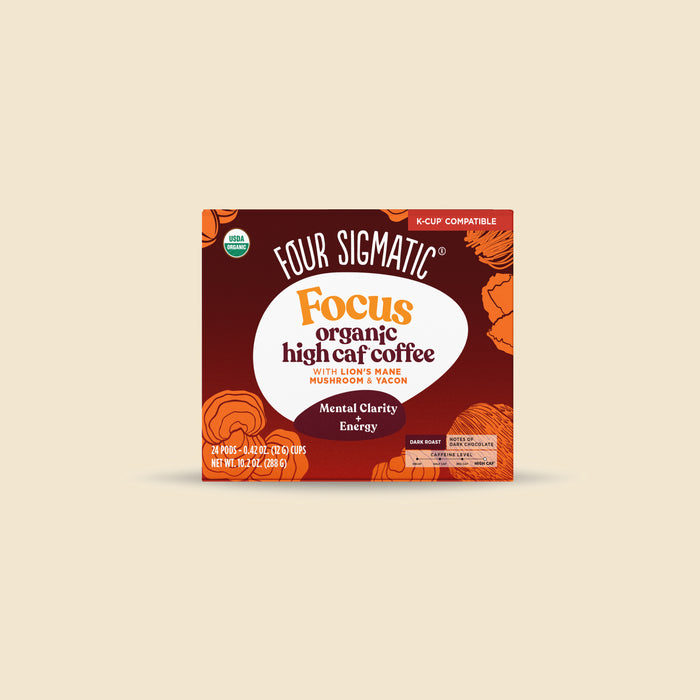
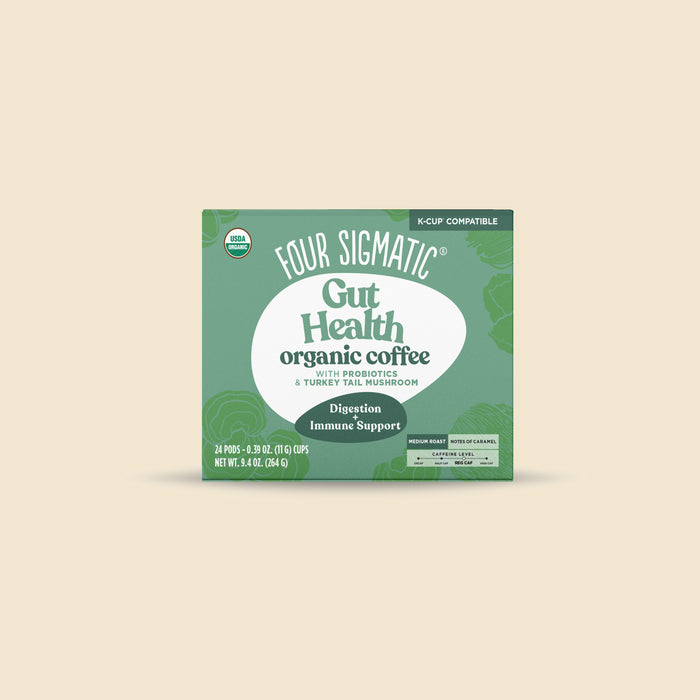
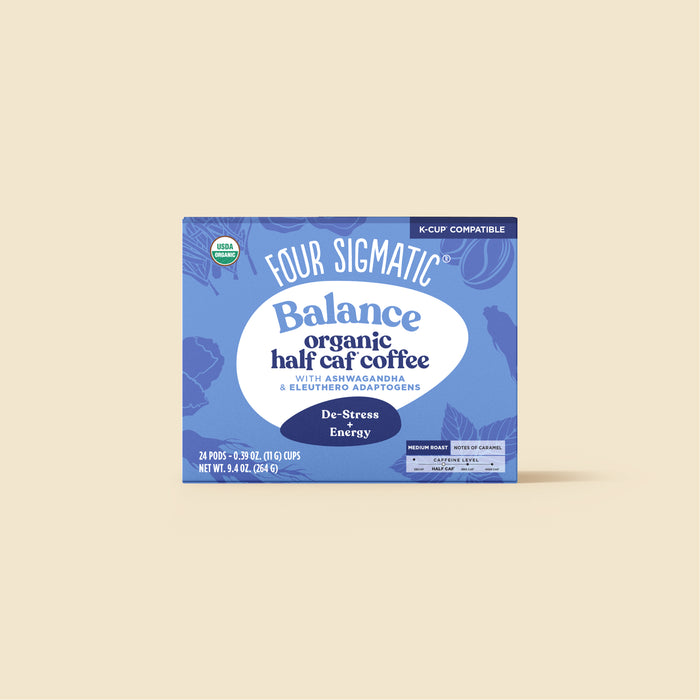
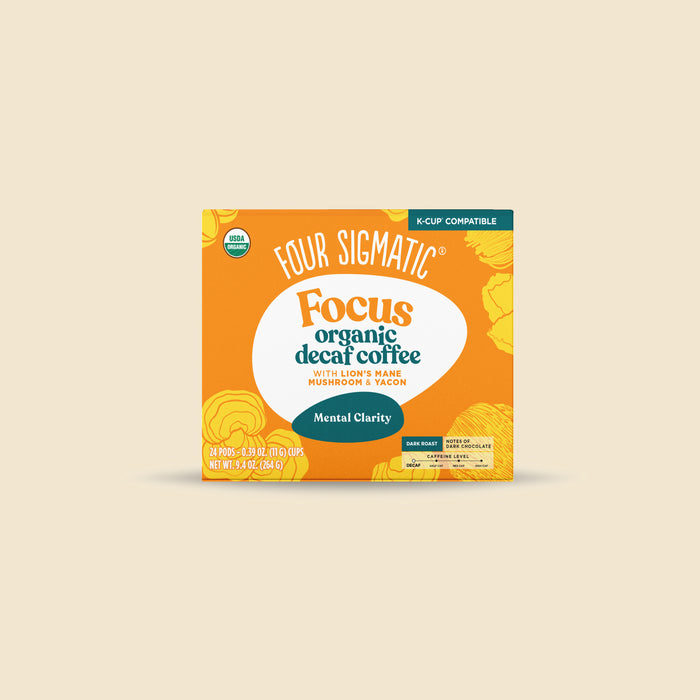
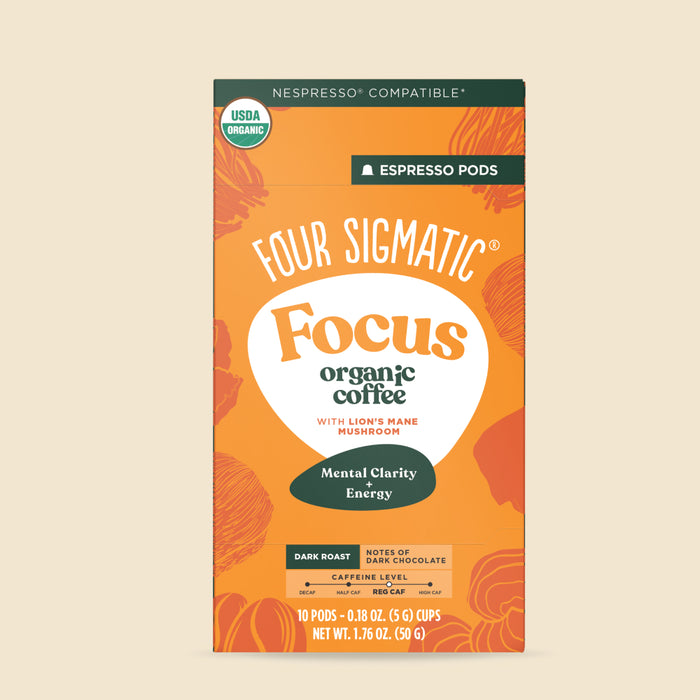
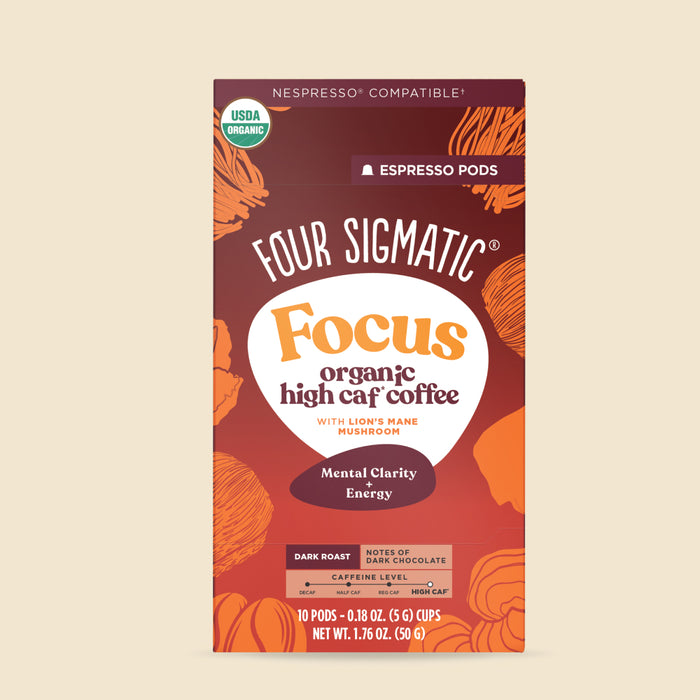
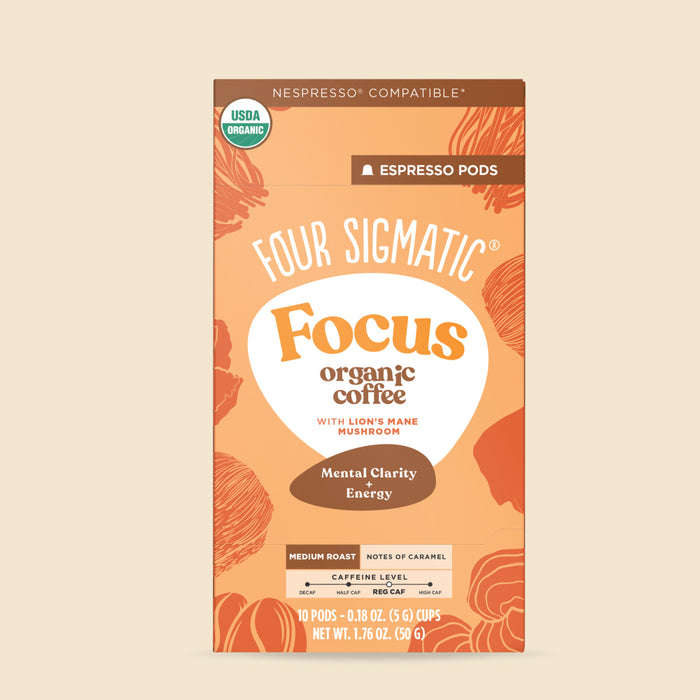
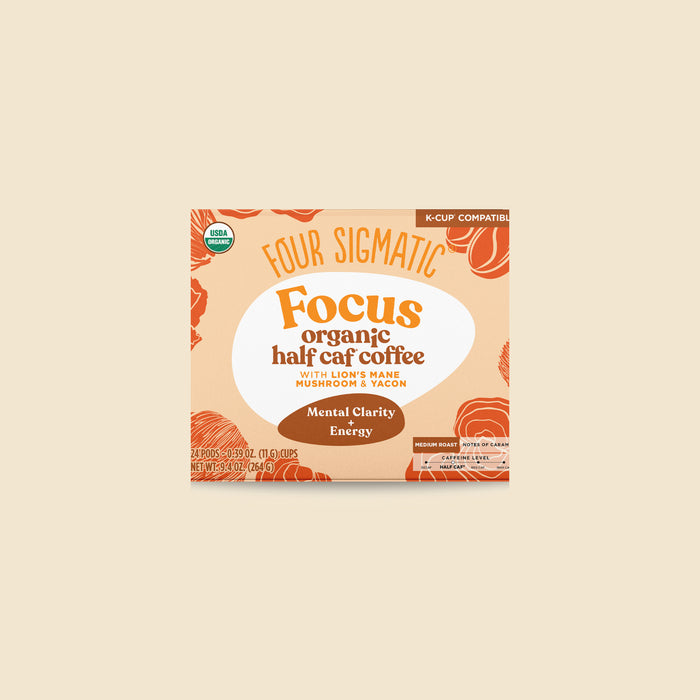
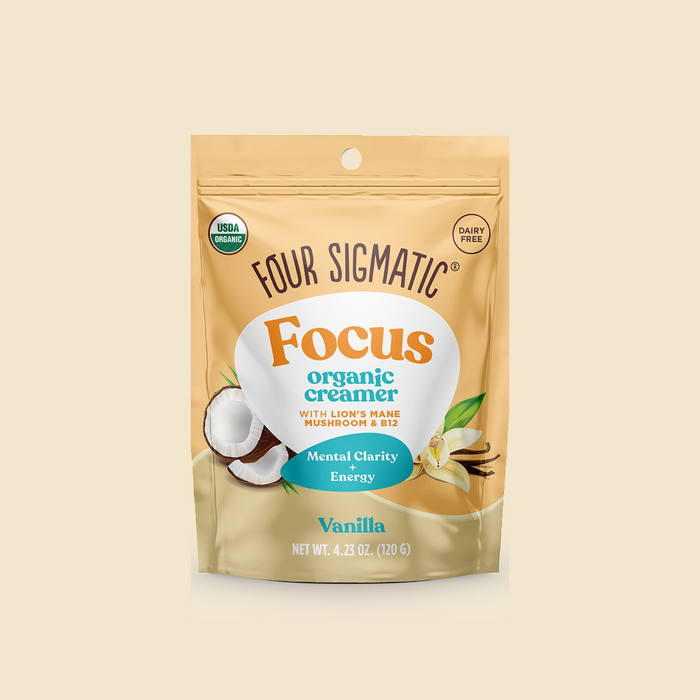
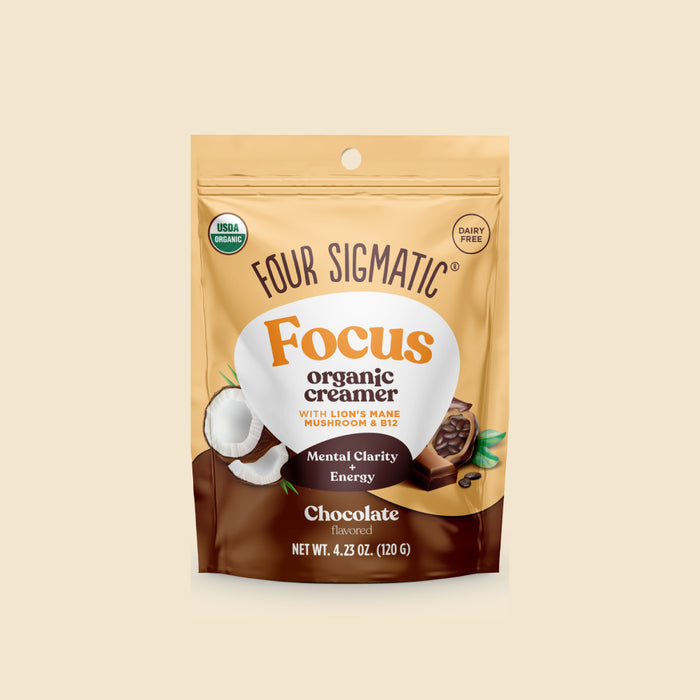
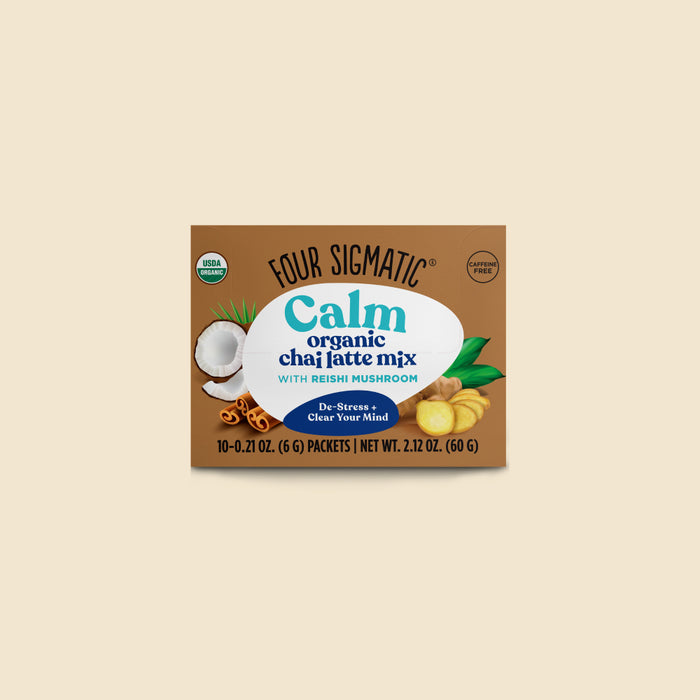
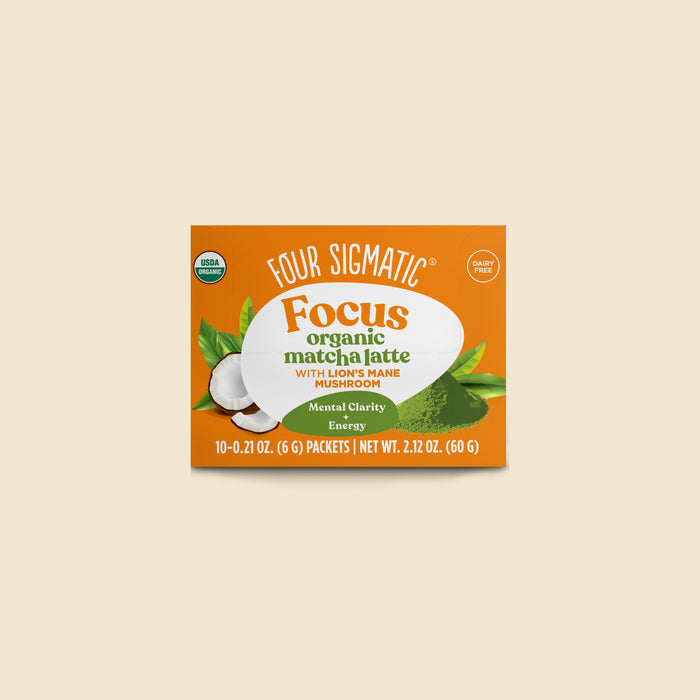
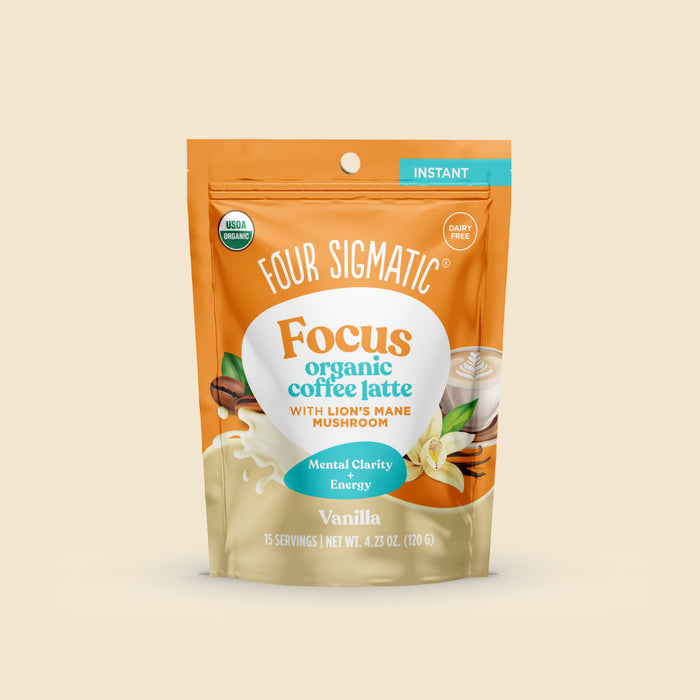
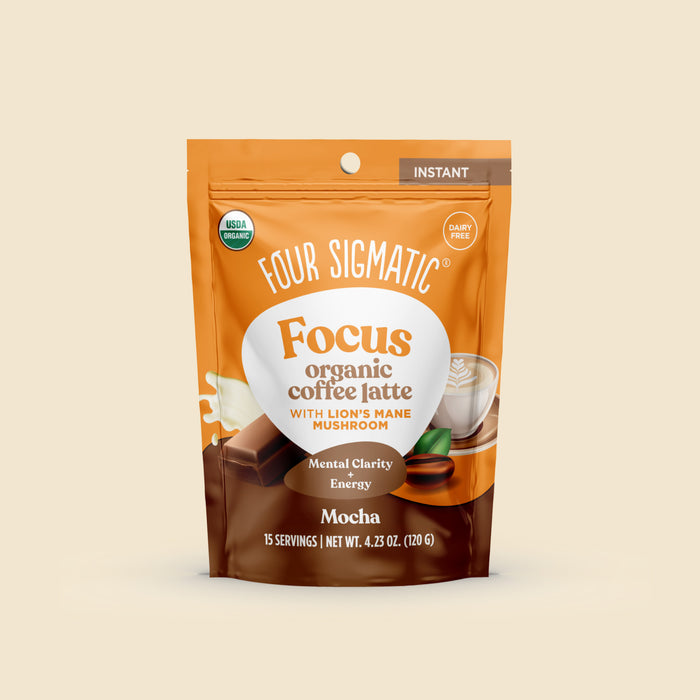
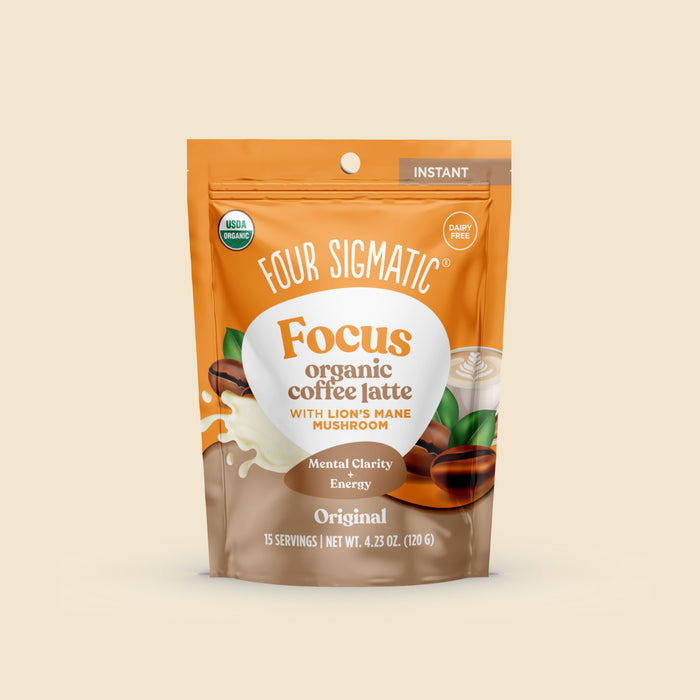
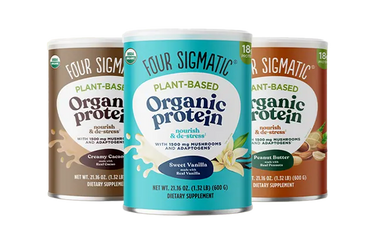 Proteins
Proteins
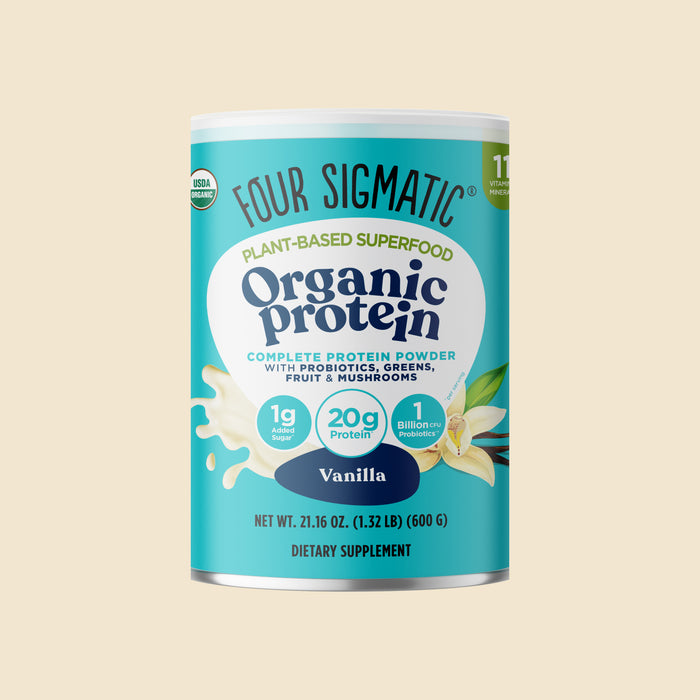
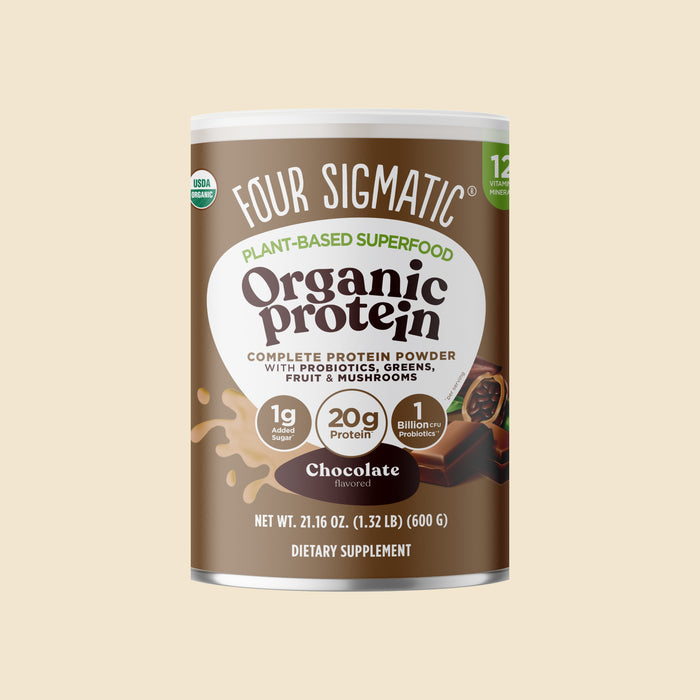
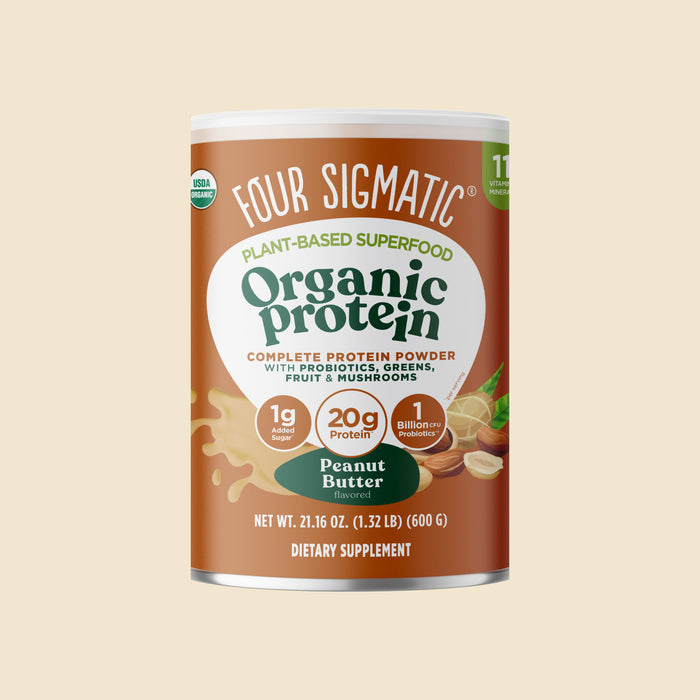
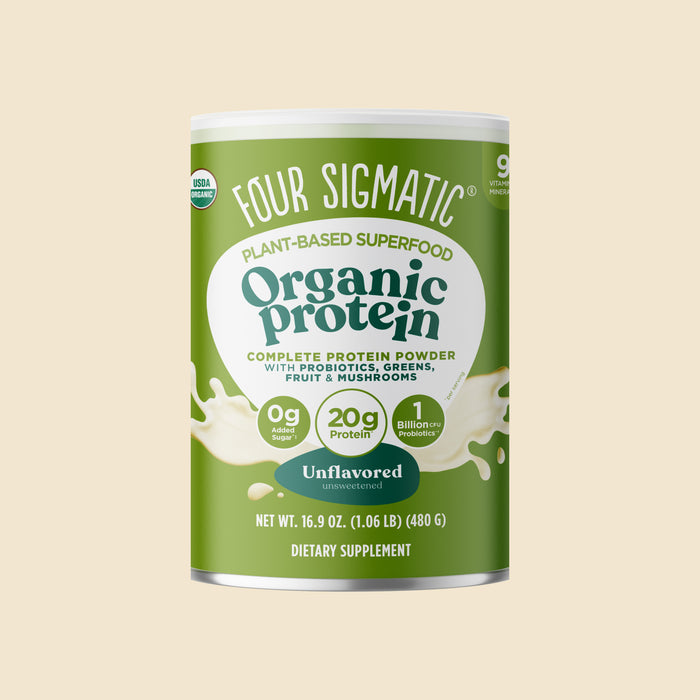
 Hot Cocoas
Hot Cocoas
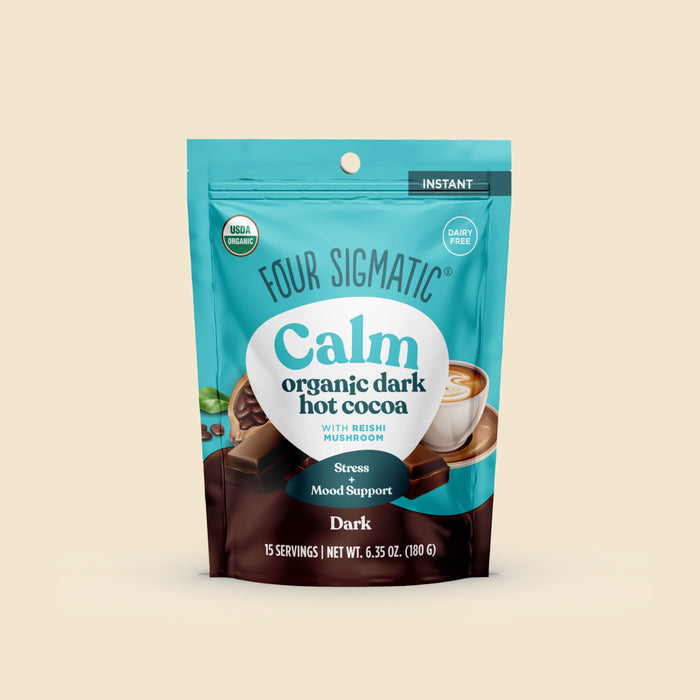
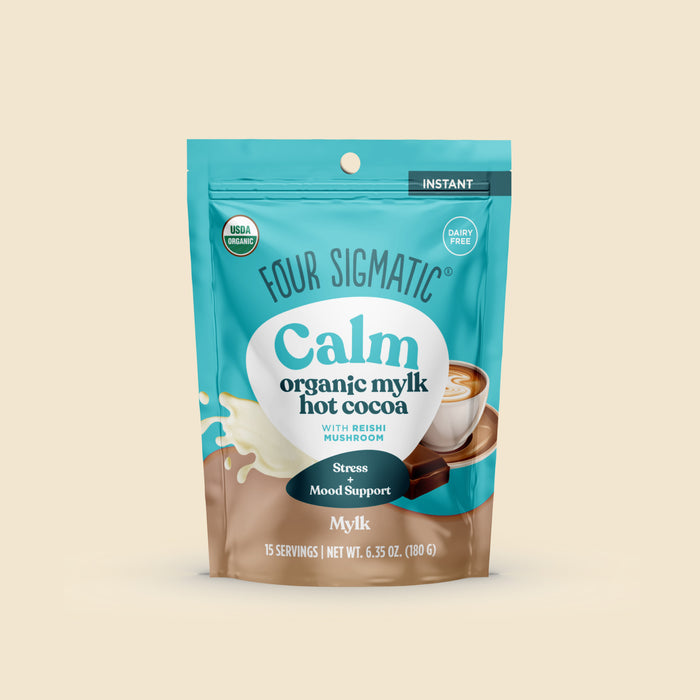
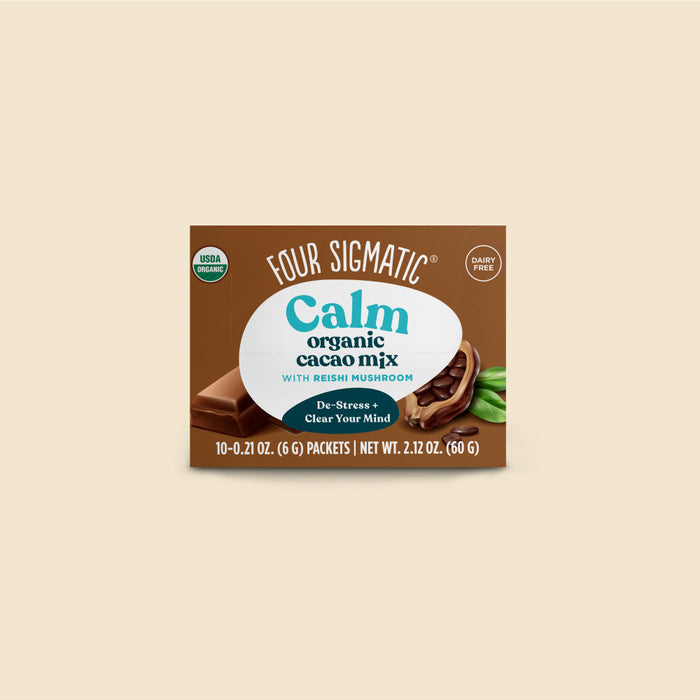
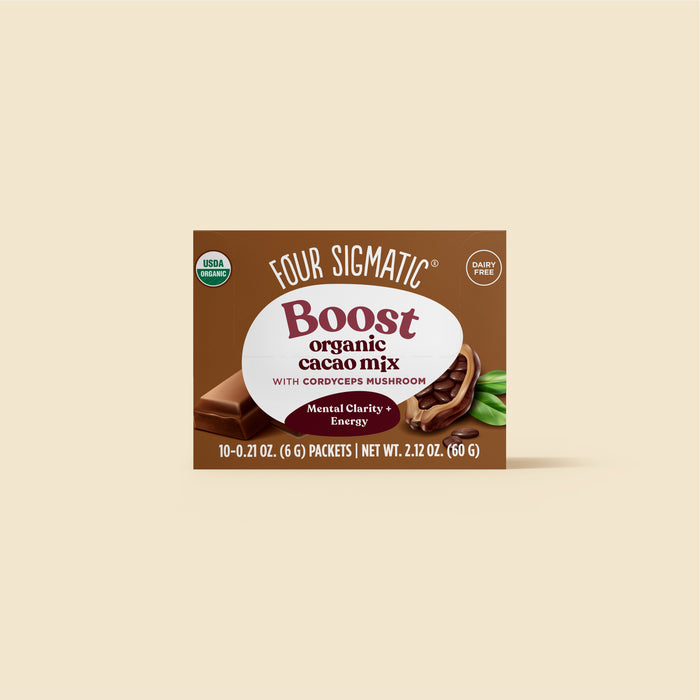
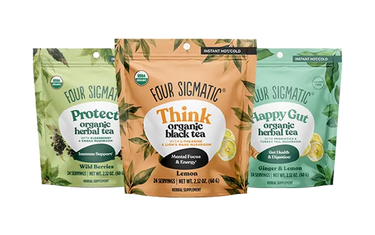 Instant Teas
Instant Teas
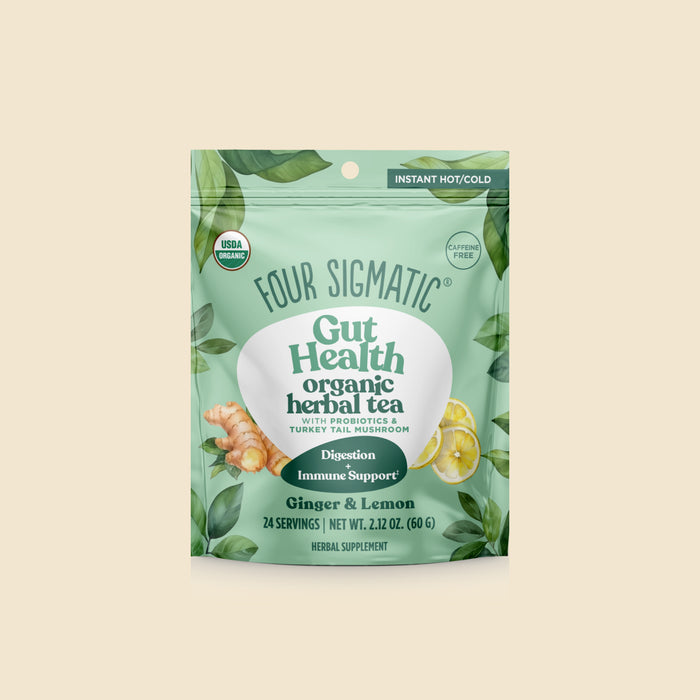
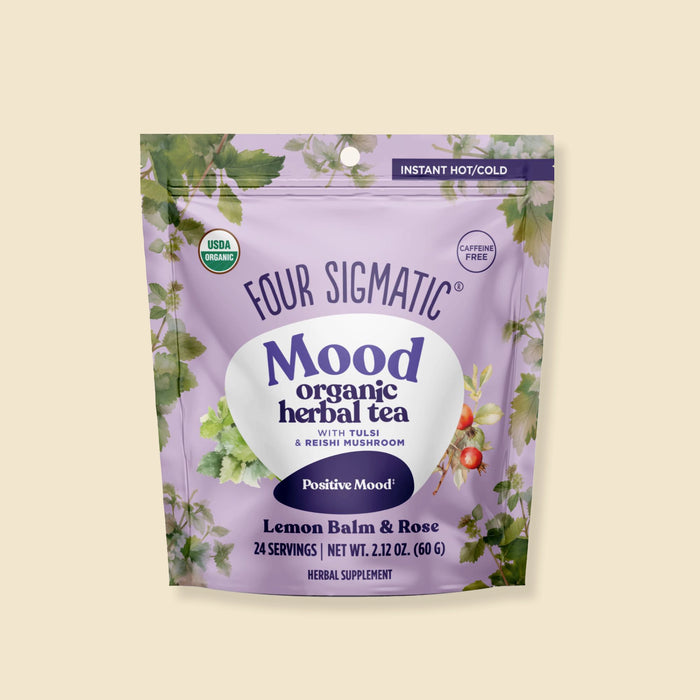
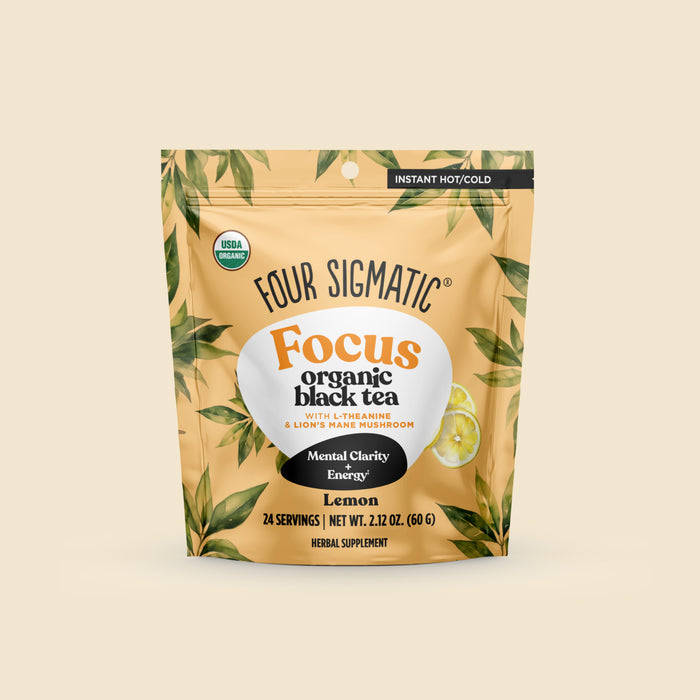
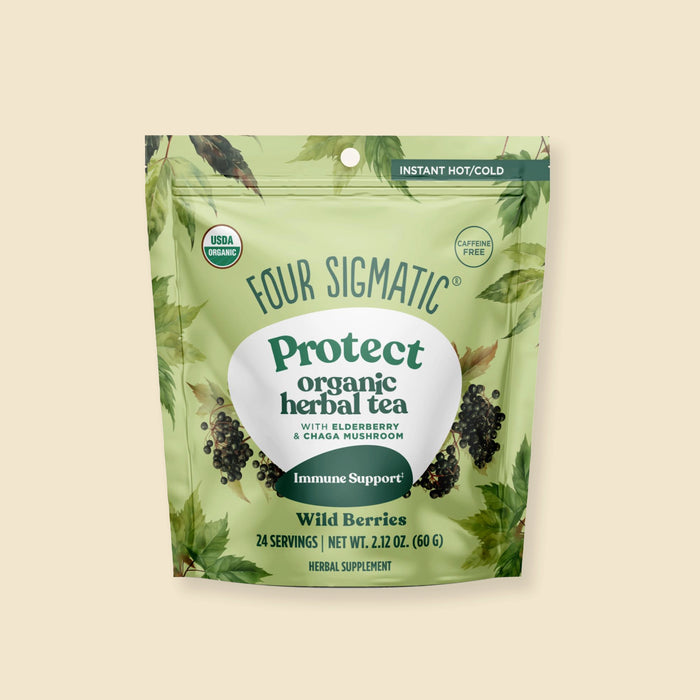
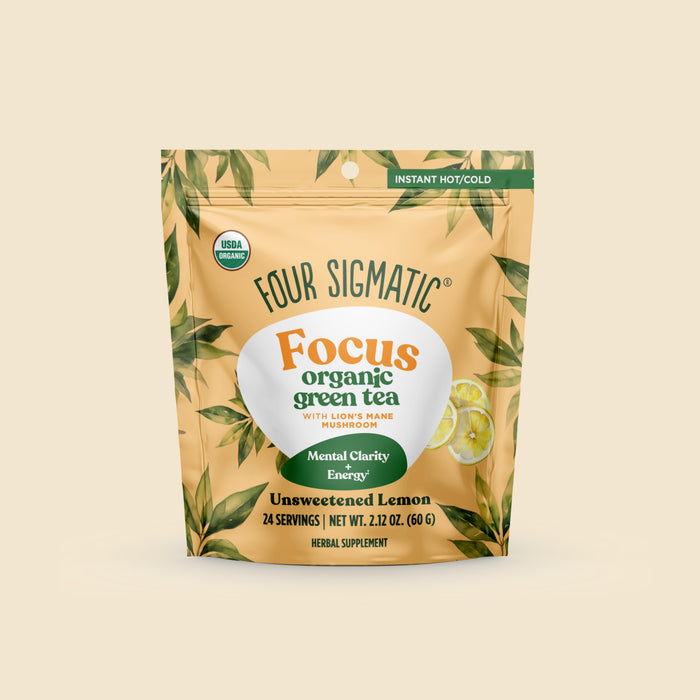
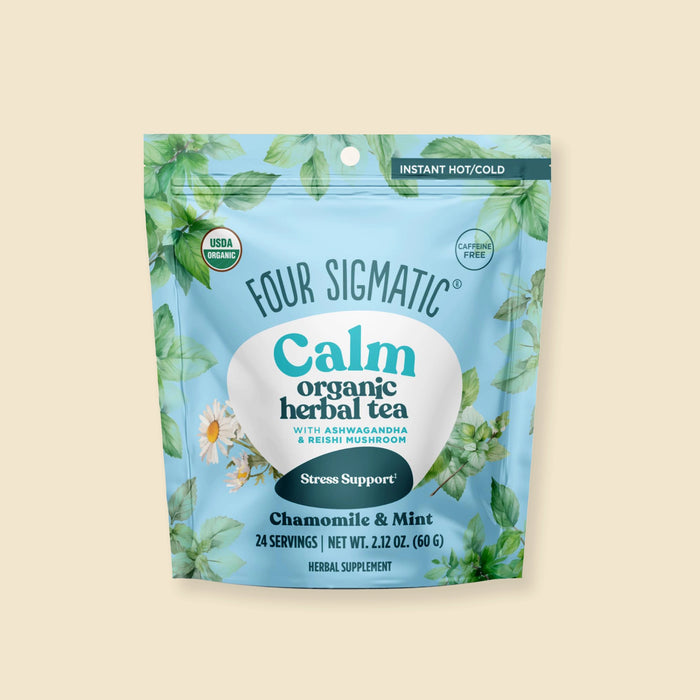
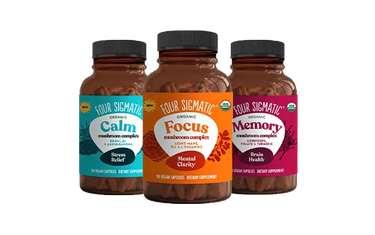 Supplements
Supplements
